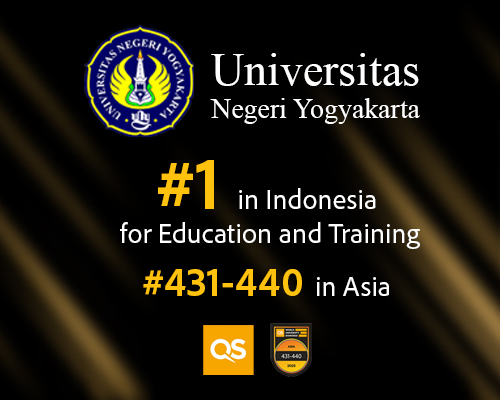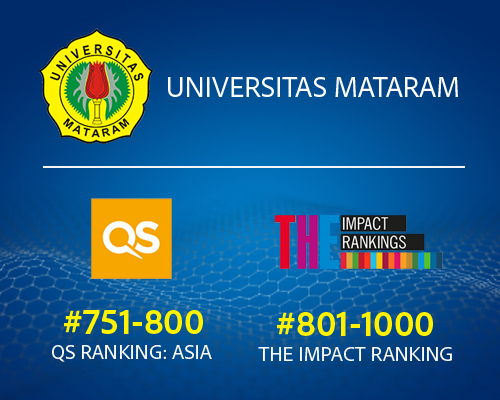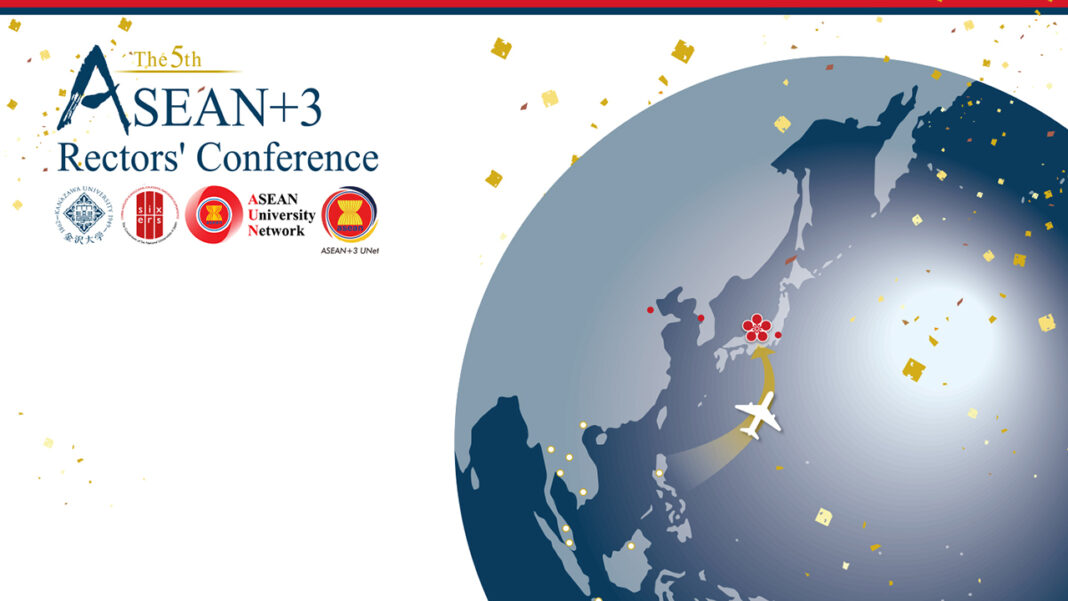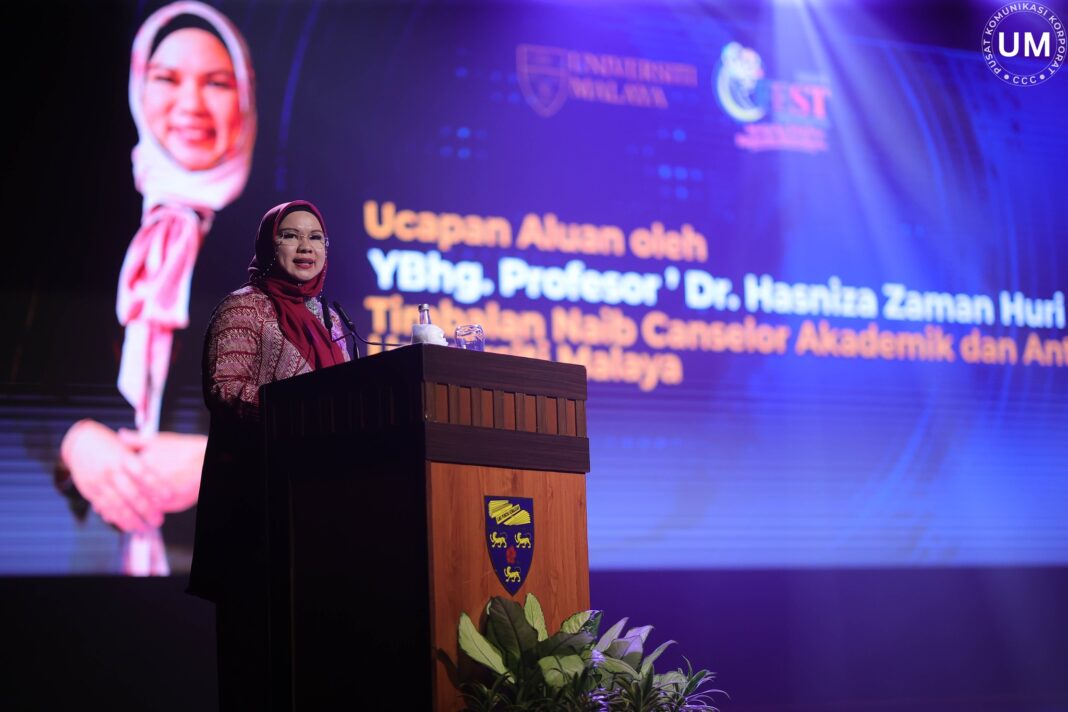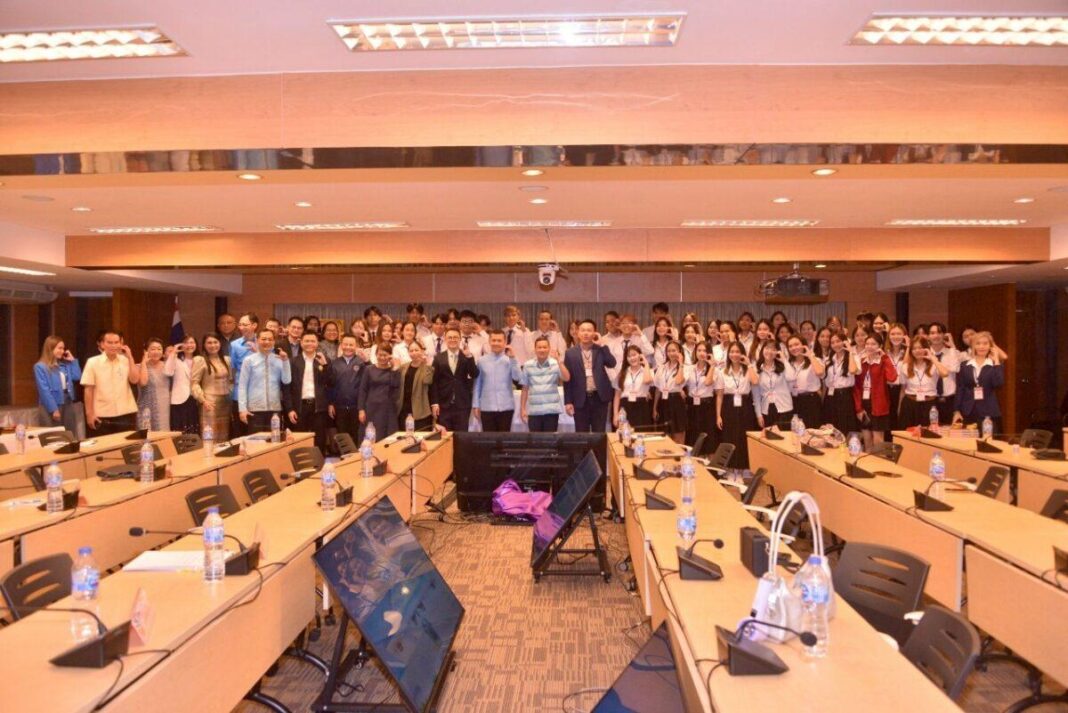ASEAN+3 universities face mounting pressure to prepare graduates for a post-COVID workforce where traditional skills no longer guarantee employment. The upcoming rectors’ conference signals a strategic pivot toward data-driven collaboration and enhanced graduate competitiveness.
**Key Points**
- The 5th ASEAN+3 Rectors’ Conference focuses on “Graduate Employability: Sharpening the Edge” theme
- Universities must adapt to COVID-19’s reshaping of workplace skill requirements
- A new “University Alignment Report” will identify strategic partnership opportunities within the network
- Expert knowledge sharing aims to help institutions stay ahead of evolving societal needs
How ASEAN+3 Universities Plan to Sharpen Graduate Competitiveness in Global Markets
The 5th ASEAN+3 Rectors’ Conference is set to take place on Thursday, October 14, 2021, marking a critical juncture for regional higher education strategy. Consequently, university leaders across the network will gather to address graduate employability under the theme “ASEAN+3 University Education and Graduate Employability: Sharpening the Edge.”
Why does graduate employability pose such urgent challenges for universities?
Graduate employability represents one of the biggest challenges—if not the biggest—for universities as graduates prepare to enter a working space reshaped by COVID-19. More than ever, different skills are becoming more valued, forcing universities to work harder to stay on top of societal needs.
The pandemic has fundamentally altered employer expectations and workplace dynamics. Universities must now recalibrate their programs to match rapidly evolving market demands while maintaining academic rigor.
Skills Gap Widens in Post-COVID Workforce
Traditional educational models struggle to keep pace with emerging industry requirements. Notably, soft skills like adaptability and digital literacy have gained prominence alongside technical expertise.
What innovative partnerships are driving this conference initiative?
Kanazawa University and the ASEAN University Network Secretariat worked in collaboration to bring some of the most knowledgeable experts from within the ASEAN+3 University Network. Their joint effort aims to create actionable strategies for universities preparing for an uncertain future.
*The stakes for regional educational competitiveness couldn’t be higher.*
This collaboration represents a shift from isolated institutional planning toward coordinated regional responses. Furthermore, the partnership model demonstrates how universities can leverage collective expertise to address shared challenges.
Expert Knowledge Sharing Takes Center Stage
The conference will feature speakers who understand both local contexts and global trends. These experts will address how universities can maintain relevance while adapting to evolving educational paradigms across diverse economic landscapes.
How will the University Alignment Report reshape institutional partnerships?
The conference is also set to pilot the “University Alignment Report” that aims to identify and bring to the forefront potential fruitful partnerships for universities within the network. This innovative tool promises to revolutionize how institutions discover collaboration opportunities.
The report will analyze institutional strengths, research capabilities, and complementary resources across member universities. Consequently, it should facilitate more strategic partnerships based on data rather than geographical proximity or historical relationships.
Data-Driven Partnership Matching
Instead of relying on informal networks, the alignment system will use systematic analysis to recommend partnerships. This approach could unlock previously overlooked collaboration potential and optimize resource allocation across the regional university network.
Bottom Line
The upcoming ASEAN+3 Rectors’ Conference represents more than an academic gathering—it signals a strategic evolution in how regional universities approach graduate preparedness and institutional collaboration. The introduction of the University Alignment Report alongside expert-led discussions on employability creates a framework for evidence-based decision-making.
Universities that embrace these collaborative approaches and adapt their programs accordingly will likely produce graduates better equipped for global competition. The conference outcomes could establish new benchmarks for regional higher education coordination and graduate success metrics.


